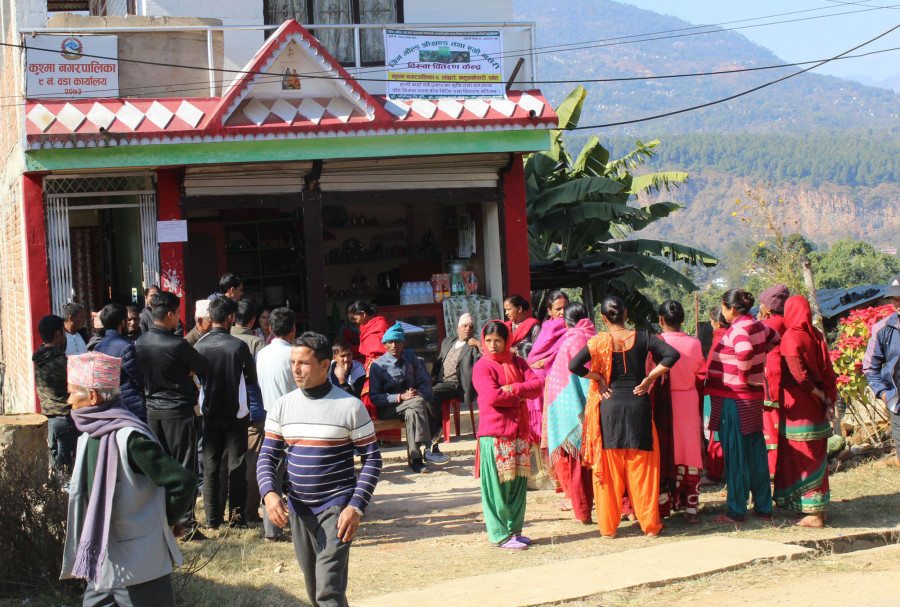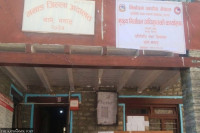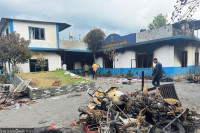Gandaki Province
None of the local units in Parbat has conducted public hearings this fiscal year
The local government operational guideline dictates public hearing be held for transparency and to ensure good governance.
Agandhar Tiwari
According to local government operational guideline, local units are supposed to hold public hearings every four months. The hearings are held to maintain financial transparency and to keep track of development projects. But in Parbat district, a majority of local units have not held public hearings this fiscal year.
People in various local units have started raising suspicion over financial transparency in their respective local units.
“The public wants the administration to be accountable. We seek transparency in budget allocation, and it’s our right to be informed of the progress made by our local units in development projects,” said Ram Parajuli, a local of Bihadi Rural Municipality. “The people’s representatives aren’t showing any urgency to hold the public hearings. We don’t know what they are doing.”
According to Parajuli and other locals, most elected representatives are prioritising their personal concerns and working in collusion with project contractors to fulfil their own vested interests.
The local government operational guideline also works as a check and balance mechanism, which helps gauge the local units’ performance. If this mechanism is removed from the equation, it compromises transparency.
“The people’s representatives lack of interest in holding public hearings is a clear indication that they don’t think that they should be accountable to the public,” said Rajendra Pahadi, a lecturer at Shibalaya Multiple Campus in Kushma. “The local governments in the district have failed to maintain good governance in the financial sector. Their hesitancy in being transparent with the finances of their respective local units points to financial irregularities.”
There are seven local units in Parbat. Some of the local units have claimed on paper that they conducted public hearings regularly, whereas others convened the crucial gathering only once last fiscal year.
Kamal Prasad Bhusal, chairman of Bihadi Rural Municipality, accepted that they haven’t been able to conduct public hearings on time.
“We held only one public hearing last fiscal year. In the running fiscal year, we haven’t allocated budget to hold public hearings,” said Bhusal.
Paiyun Rural Municipality has allocated Rs 700,000 to conduct public hearings in the current fiscal year. Jeet Bahadur Rana, chief administrative officer of the rural municipality, said they were unable to conduct public hearings last fiscal year despite allocating a budget for the purpose.
“We had the budget but we did not hold any public hearing since we were busy in various development works,” said Rana. “This year we will conduct a public hearing by mid-February.”
According to Motiram Sapkota, chief administrative officer of Phalebas Municipality, it’s not mandatory to conduct public hearings.
Making public the income and expenditure of the local unit should suffice, he said. “Every four months, we put up the total income and expenditure of the local unit on the notice board of our office for everybody to see. We don’t necessarily have to call a meeting.”
However, locals said that they would be able to trust their people’s representatives better if the public hearings were held regularly.
“We don’t even know what the local government’s focus of work is, or what’s on their agenda. If the elected officials take the initiative to hold public hearings, we could ask questions about the ongoing development activities.”




 13.12°C Kathmandu
13.12°C Kathmandu.jpg)











